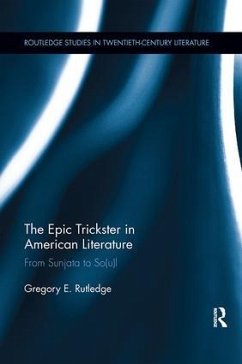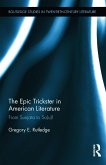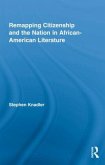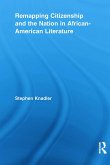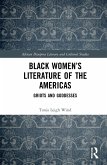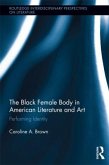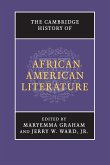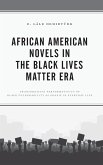Just as Africa and the West have traditionally fit into binaries of Darkness/Enlightenment, Savage/Modern, Ugly/Beautiful, and Ritual/Art, among others, much of Western cultural production rests upon the archetypal binary of Trickster/Epic, with trickster aesthetics and commensurate cultural forms characterizing Africa. Challenging this binary and the exceptionalism that underlies anti-hegemonic efforts even today, this book begins with the scholarly foundations that mapped out African trickster continuities in the United States and excavated the aesthetics of traditional African epic performances. Rutledge locates trickster-like capacities within the epic hero archetype (the "epic trickster" paradigm) and constructs an Homeric Diaspora, which is to say that the modern Homeric performance foundation lies at an absolute time and distance away from the ancient storytelling performance needed to understand the cautionary aesthetic inseparable from epic potential. As traditional epic performances demonstrate, unchecked epic trickster dynamism anticipates not only brutal imperialism and creative diversity, but the greatest threat to everyone, an eco-apocalypse. Relying upon the preeminent scholarship on African-American trickster-heroes, traditional African heroic performances, and cultural studies approaches to Greco-Roman epics, Rutledge traces the epic trickster aesthetic through three seminal African-American novels keenly attuned to the American Homeric Diaspora: Charles Chesnutt's The Marrow of Tradition, Richard Wright's Native Son, and Toni Morrison's Beloved.
Hinweis: Dieser Artikel kann nur an eine deutsche Lieferadresse ausgeliefert werden.
Hinweis: Dieser Artikel kann nur an eine deutsche Lieferadresse ausgeliefert werden.

